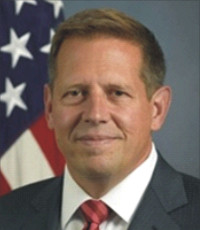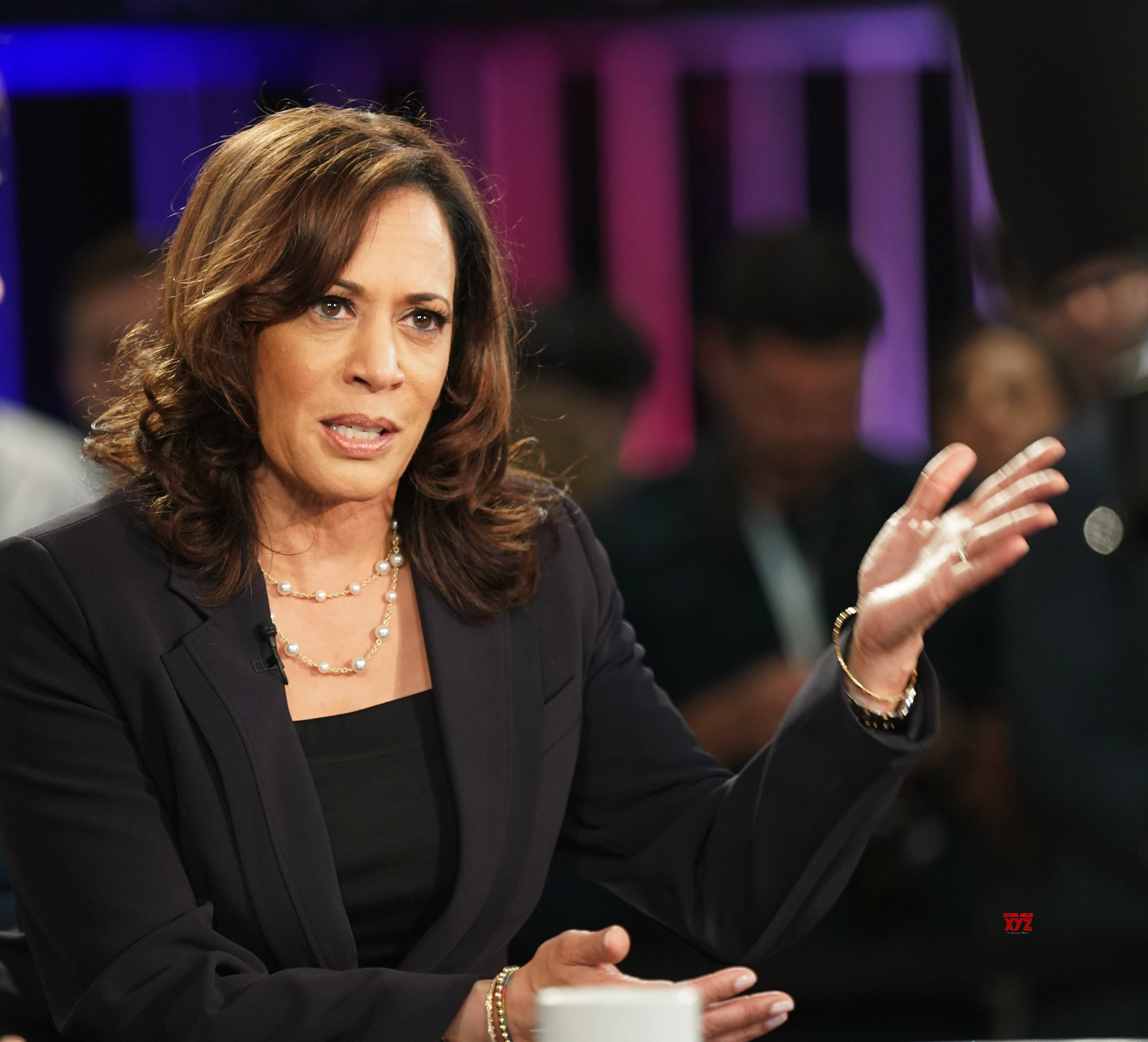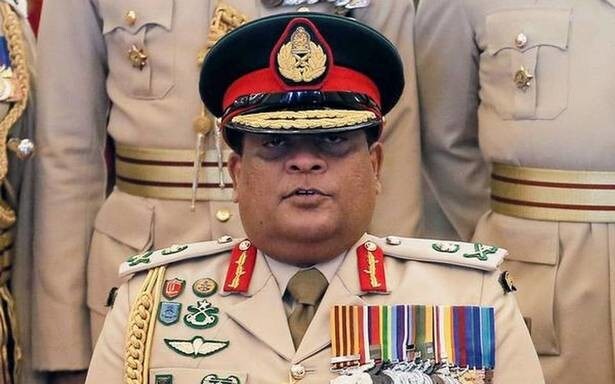 WASHINGTON: Ahead of crucial NSA-level talks between India and Pakistan, the US today hoped that the two national security advisors would address all bilateral issues, including “disputed” Kashmir, in a direct manner and come up with a common approach to resolve them.
WASHINGTON: Ahead of crucial NSA-level talks between India and Pakistan, the US today hoped that the two national security advisors would address all bilateral issues, including “disputed” Kashmir, in a direct manner and come up with a common approach to resolve them.
“We support peaceful engagement (between India and Pakistan) to resolve any kind of issues – territorial issues or other issues. We look forward to hopefully a very successful round of talks and an ongoing political dialogue between India and Pakistan,” Peter R Lavoy, Special Assistant to the president and Senior Director for South Asian Affairs at the National Security Council of the White House, told PTI.
Lavoy, who is the top White House official on South Asian issues, said the US has concerns when countries start addressing their disputes through violence as opposed to peaceful discussions.
Looking forward to the forthcoming engagements between the national security advisors of the two South Asian neighbors, Lavoy said the both India and Pakistan recognize that it is in their interest to talk together, sit down together, to resolve their disputes and find ways to work cooperatively to root out terrorism and to deal with the other issues as well.
“We think that it is the best channel rather than exchange of fire along the borders or line of control,” he said.
National Security Adviser Ajit Doval is scheduled to meet his Pakistani counterpart Sartaz Aziz in New Delhi for talks on terrorism-related issues for the first time on August 23, as decided in a meeting between Prime Ministers Narendra Modi and Nawaz Sharif last month in Ufa in Russia.
When asked about the uncertainty on the NSA talks given that Pakistani officials have invited separatist Kashmiri leaders for a meeting before the crucial talks, the White House official said he would leave that to the Indian and Pakistani governments to address.
“Kashmir is a disputed territory. Jammu and Kashmir is a disputed territory. I think, it’s up to them to address these issues together. I expect that they probably will,” Lavoy said and quickly added that there has been no change on America’s position on Kashmir.
“There is no change on the US position on Jammu and Kashmir. We do acknowledge that this is a contested territory, a contested border between India and Pakistan. There is no change in US policy on that issue. We do not seek to insert ourselves in this process,” he said in response to a question.
“This is a bilateral process for India and Pakistan to resolve themselves. Just as it is for India to resolve its border dispute with China or for Pakistan to resolve its border dispute with India, in many post-colonial parts of the world many independent countries did inherit borders that were not consensual or there were disputes over the demarcation.
“But it is our view that this is for the local parties to resolve this among themselves. We do not have any advice to offer,” Lavoy said.
Responding to a question on the Mumbai terrorist attack, whose perpetrators are roaming freely inside Pakistan and India’s concerns about it, Lavoy hoped that Pakistan would follow up the legal case in this regard to the fullest.
“I would say that there is a legal case ongoing to address those and of course we support the rule of law and recognize that Pakistan has some obligation to support legal action against perpetrators of the Mumbai terrorist attack and to follow this case to the fullest inside Pakistan,” he said.
“I believe this is an area where India, Pakistan have talked. In the announcement in Ufa they indicated that there is some movement and coordination on that issue. I would say that this issue be addressed through legal means, peaceful means,” he added.
Lavoy said the Pakistan government has recently taken some very significant steps to root out extremism, militancy and terrorism within its borders.
He said Pakistan Prime Minister Sharif and Army Chief General Raheel Sharif have pledged that Pakistan would not be a safe haven for terrorism and would not be used as a springboard for attacks against its neighbors.
“I think, India has every right to engage Pakistan, to communicate with Pakistan and to ensure that Pakistan lives up to its obligations and its own commitments,” he said.
“There is a process to discuss this. We would be more concerned if there is not a productive channel between the two governments at the senior level like the one this weekend between the national security advisors to address these issues in a very clear and direct manner and then come up with a common approach to resolve these issues,” Lavoy said. -PTI






